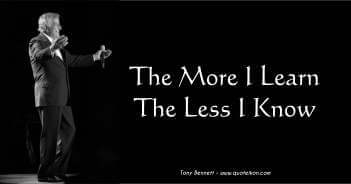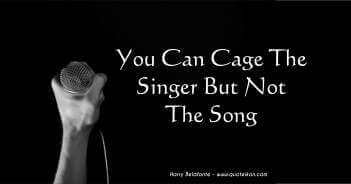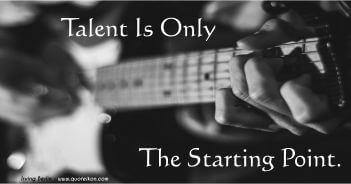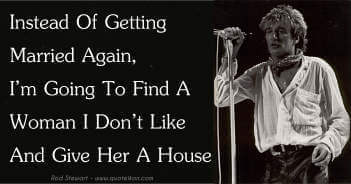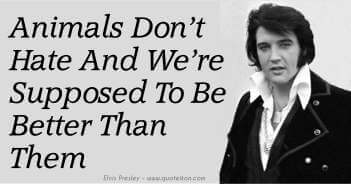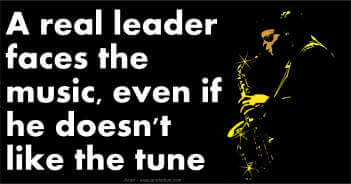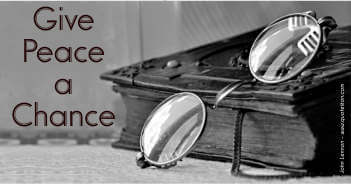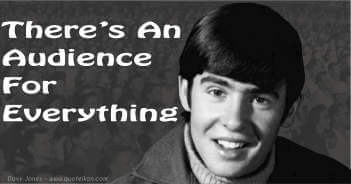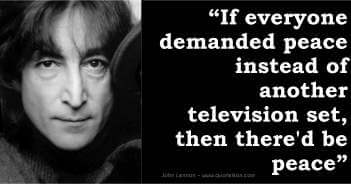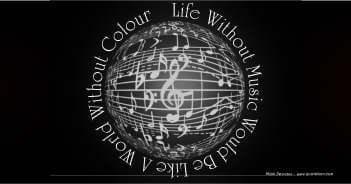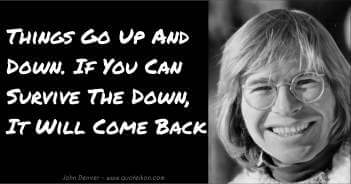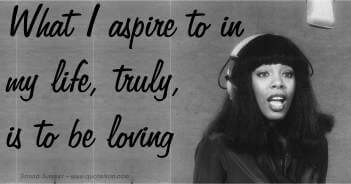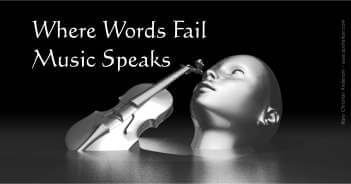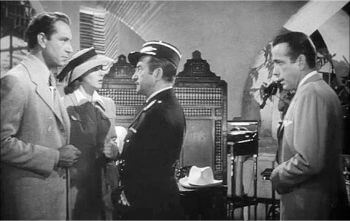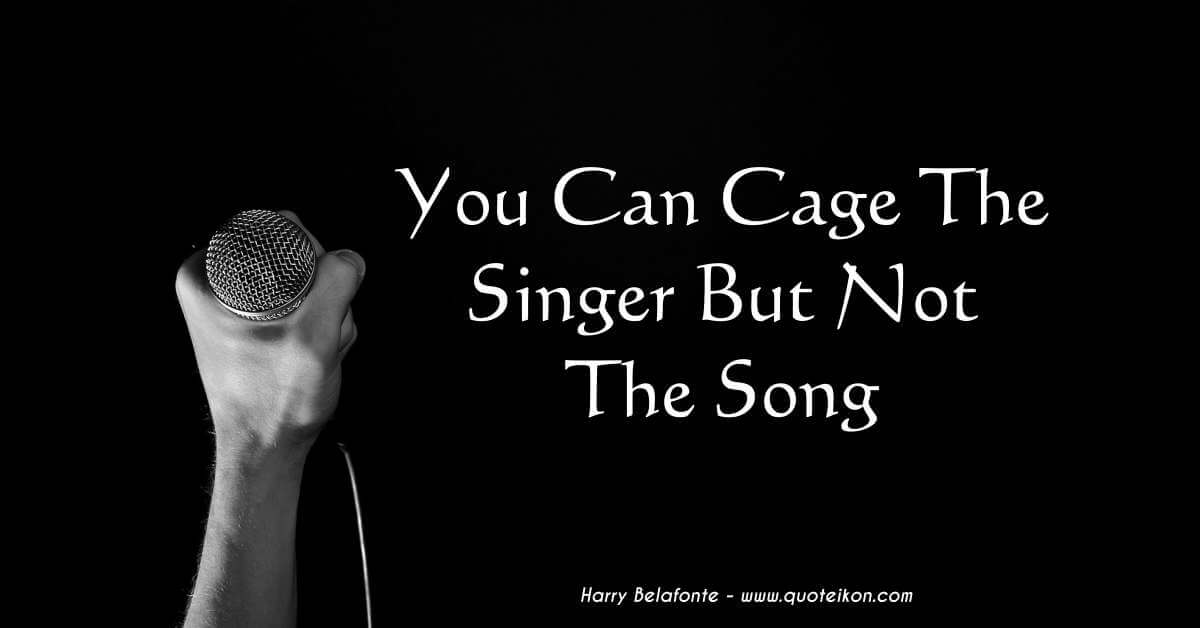
You Can Cage The Singer But Not The Song
Harry Belafonte Quote
You can cage the singer but not the song; Harry Belafonte telling repressors that jailing the singer succeeds only in raising the volume of the song, you can't jail a message
The underlying meaning of this quote goes back to ancient times, warring factions used to send emissaries to the enemy to negotiate terms of engagement, surrender, peace or whatever the message that was to be relayed.
In those chivalrous days the emissary was allowed to deliver the message unharmed and sent back with the enemy's reply.
However being an emissary during a time of war or friction became a very dangerous job to do as you could never be certain of how the enemies leaders would receive your message. Many emissaries were killed in a fit of anger simply because the person receiving the message did not like what they were hearing.
Well if you receive a message from an enemy you should realise that it will most likely not be agreeable, they are hardly going to gift wrap a box of chocolates and a bottle of champagne!
You Can Kill The Messenger But Not The Message
So was born the phrase "you can kill the messenger but not the message" and Harry Belafonte's quote "you can cage the singer but not the song" is an up dated variant on this same phrase.
The meaning of this quote is that the singer is physically real but the message or idea the song is delivering is not. The singer can be put into prison but that does not stop the song being sung.
Caging the singer is worse public relations for the government or authority than leaving them to carry on singing the song. It highlights the issue in a way that the message the song carries can be spread further and faster, it is and it always has been a political own goal to punish the messenger or in this case the singer.
Killing the messenger creates martyrs for the cause, an example of this would be the civil rights activist Martin Luther King Jr who was assassinated because of his stance against racism in America.
His death didn't stop his message instead it was a catalyst for change that speeded up the process of equal rights for minority races in USA.
Rebellion Songs Down the Ages
Many people believe the politicisation of music started in the 1960's with the likes of Bob Dylan, Clearance Clearwater Revival and Sam Cooke rebelling in song and music, but classical music had their practitioners of musical resistance also.
Beethoven's third symphony was named after the French general Napoleon Bonaparte but when Napoleon crowned himself Emperor in 1804 Beethoven reacted by changing the name to 'Heroic Symphony'.
Verdi was at the forefront of rebellious classical music with his 1844 opera Nabucco that was reasoned to be a call for Italians to stand up and overthrow the shackles of the Austrian empire.
After an eventual victory was gained through an alliance with France Verdi got his reward in the newly unified Italy with a seat in parliament.
Fast forward to 1970 and Gil Scott Heron's "The Revolution Will Not Be Televised" became the revolutionary anthem for a generation stuck in an era of subversion and the deeply unpopular Vietnam war.
The Harry Belafonte quote "You can cage the singer but not the song" resonates throughout every corrupt and repressive regime that acts to subjugate their peoples using state terror, murder and imprisonment.
![]() Article By: Michael Joseph Farrelly
Article By: Michael Joseph Farrelly
Great quotes are not where you find great wisdom. It's where you share this knowledge that counts
Sharing Is Caring
Random Song Quote
"Without a song, the day would never end" - Elvis Presley
